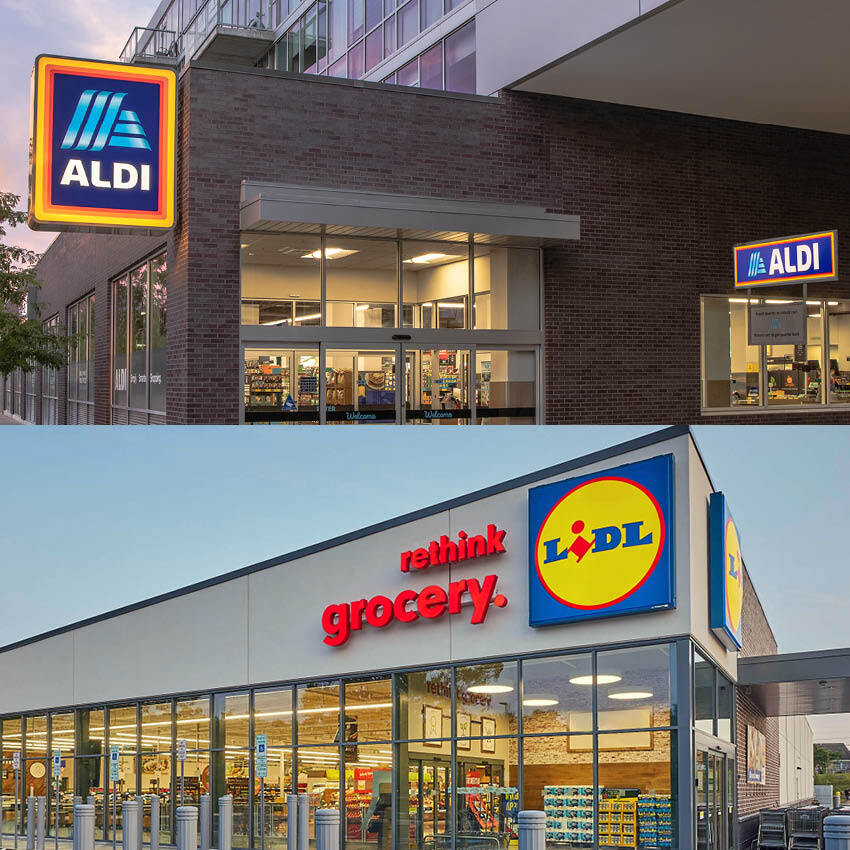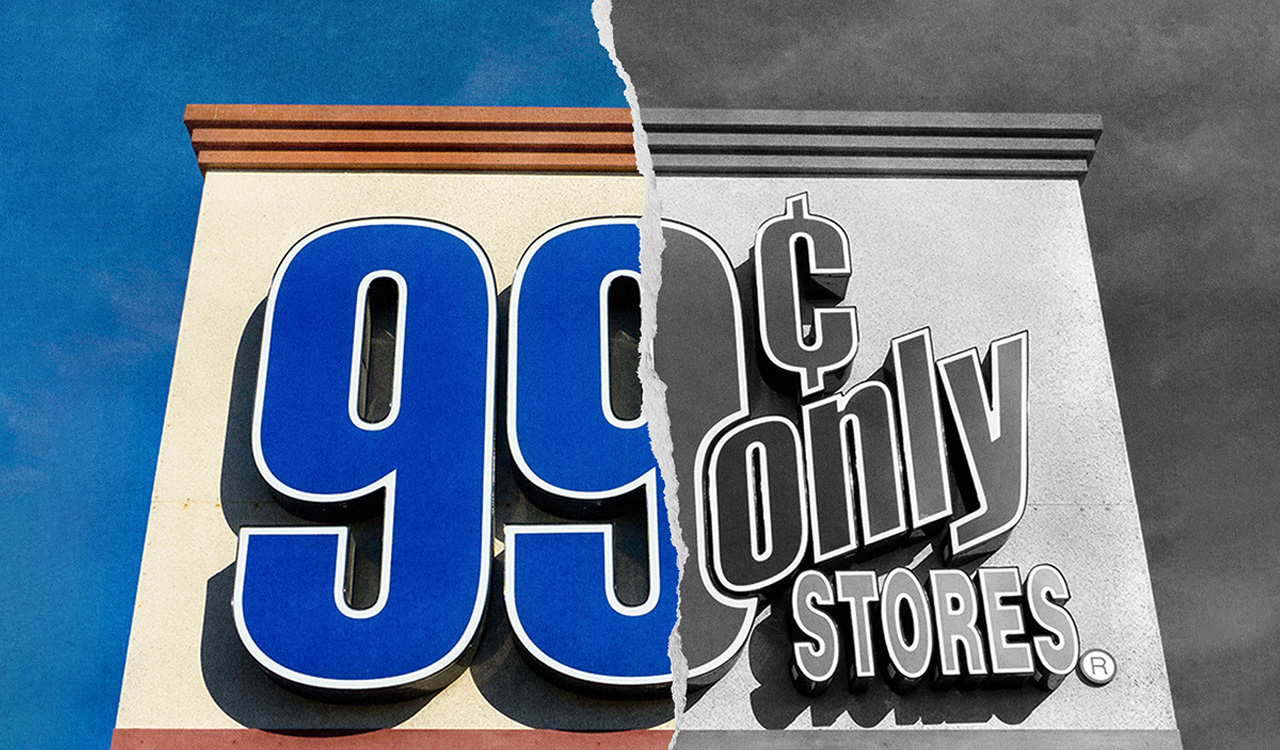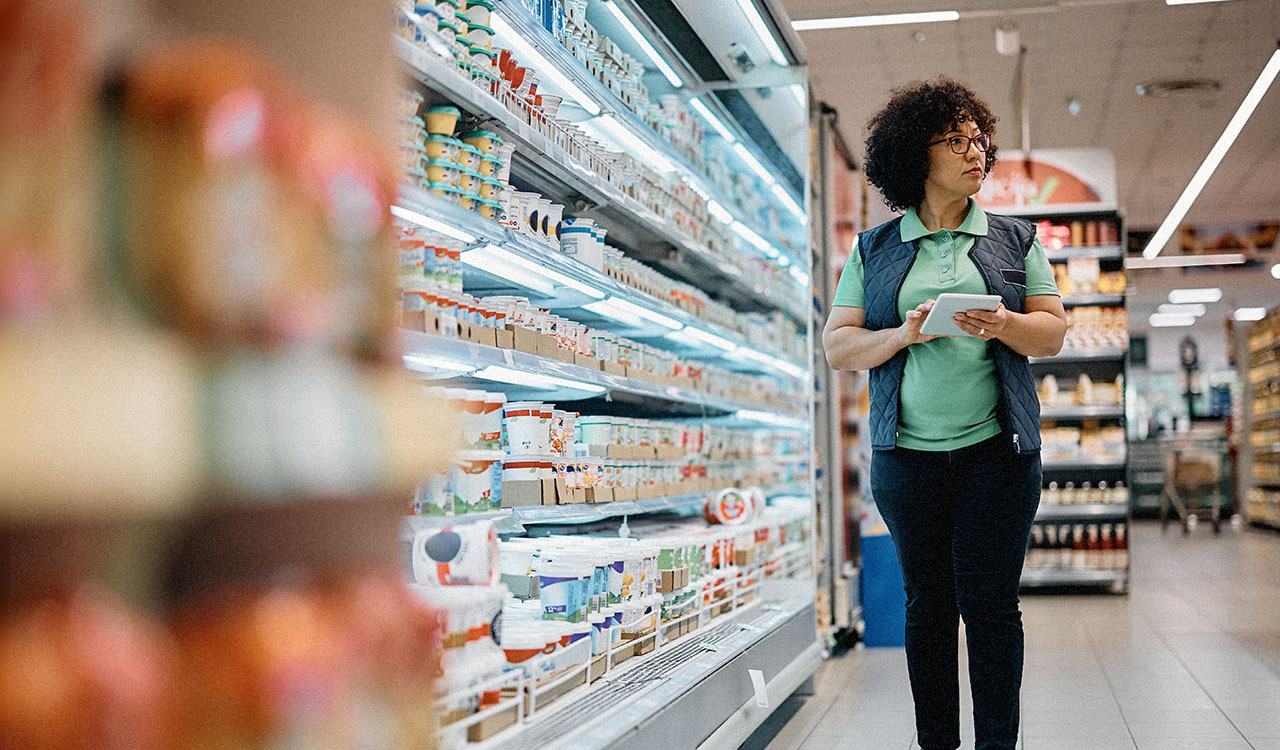The deep discount grocery store model pioneered by the twin German retailers Aldi and Lidl is arguably the only all-new physical store format to come along in the retail business in at least several decades. But for general merchandise retailers who just watched from afar and weren’t paying too much attention, there’s big news on the retail horizon: They’re coming for your apparel and home business.
[callout]Aldi and Lidl have likely been taking market share from dollar stores, big national discounters and even drug chains, and their entrance into general merchandise categories could have enormous impact on the retail stage.[/callout]
While first Aldi, and more recently Lidl, have shaken up the grocery sector with their bare-bones, private label compact format that can be described as a mini-warehouse club, recent moves by both chains suggest they are now going to go after clothing, home furnishings and décor. As Aldi is poised to become the third largest grocery chain by number of stores next year, and both chains have likely been taking market share from dollar stores, big national discounters and even drug chains, their entrance into general merchandise categories could have enormous impact on the retail stage.
Twins, Separated at Birth
Aldi, which will have 2,300 stores by the end of next year, has been in the U.S. market since 1976 and its estimated annual revenue in this country is around $15 billion. Worldwide, the privately owned company is believed to do more than $100 billion in yearly sales.
Lidl, which is owned by a different branch of the German family that owns Aldi — each company is separate and not operated jointly – got a much later start in the U.S., opening its first store here in 2017. Today it has about 100 stores and is estimated to do about $500 million in annual sales in the U.S. (And yes, the family that owns Lidl also owns Trader Joe’s.) Both chains have aggressive expansion plans in place, in store numbers, geography and now, in merchandise classifications.
Aldi’s Holiday Happenings
Aldi has always mixed in some non-food products into its grocery assortments, usually kitchen related products like cookware, china and glass, and kitchen textiles. These are often run in flights for several weeks and then rotated with other merchandise. But a recent print circular for the first week of December devoted almost a third of its pages to non-food merchandise under the heading: “Aldi Finds: Unexpected products at amazing prices – get ‘em while they last.”
The featured products include kitchen electrics, seasonal wrapping paper and décor and candles — but also some “unexpected” items: Barbie dolls, Lionel trains, Legos, comforter bedding sets, shirts, rain boots and even a Starbucks gift mug set. For a store that eschews national brands, it was an impressive, if nontraditional selection.
In its U.K. stores, Aldi went even further. Earlier this month it debuted its Aldimania Winter Collection in stores and online featuring a limited program of holiday-themed clothing, including hoodies, sweaters, kid’s clothes and accessories. This appears to be its largest British apparel offering ever, and its launch was accompanied by an elaborate marketing and advertising effort including billboards and an online fashion runway show.
Julie Ashfield, managing director of buying at Aldi UK, was quoted on Storebrands.com saying, “Following the success of our Aldimania range earlier this year and huge demand from shoppers for more, we really wanted to take the collection to the next level by not only expanding the range, but unveiling it with our very own high fashion catwalk. We can’t wait for our shoppers to see it!” This apparel collection is not being offered in the U.S., where Aldi’s website is not transactional. The clothing available in Aldi stores here generally carries the retailer’s own private label brands. But let’s wait and see how this unfolds as a new model once Aldi catches up in the digital marketplace.
Lidl’s Danish Delight
Like its cousin, Lidl also offers non-food merchandise in its stores (again, no ecommerce although it does have online ordering with home delivery) on a rotating basis. On its site, it says, “We’re more than just food. We aim to surprise and delight our customers with a diversified product assortment that changes every Wednesday. You’ll find anything from essentials for the home, such as small appliances or kitchen gadgets, and stylish gear for the whole family, to toys, power tools, home décor and gardening supplies, plus much more.”
Its current print circular features seasonal décor and holiday-themed kitchen textiles but also a stand mixer, electric kettle and even an electric drum kit. And like Aldi, its toy assortment includes national brands like Disney, Lego, Hasbro, Play-Doh and Slinky.
Lidl appears to be going even further into non-food categories in Europe. According to European Supermarket Magazine, Lidl Denmark will launch an online general merchandise program in 2023 in that country. The magazine quoted Lidl Denmark chief executive Jens Stratmann as saying, \”At the beginning of 2023, we will launch our online business in Denmark, which will focus on non-food. It will be a great investment for the company and something that will differentiate us from our competitors.\”
The magazine cites a report in the Danish newspaper Børsen that the retailer\’s online offering will feature around 2,000 SKUs, plus as many as 10,000 seasonal items. It will also offer home delivery services. Again, no word on if, and when it will follow suit in the U.S.
All of these moves both in Europe and here in this country would seem to suggest the expansion into non-food in a bigger way is inevitable. Aldi declined to comment for this story and Lidl could not be reached for comment but taking the warehouse club comparison to its logical conclusion one can see substantial general merchandise offerings, held back only by the limited store sizes for now. Once the two chains go into ecommerce, those limits will be lifted. So, for now, the deep discount doppelgängers are still mainly focused on food. But their appetite is getting bigger: Apparel and home retailers, you’ve been warned.




